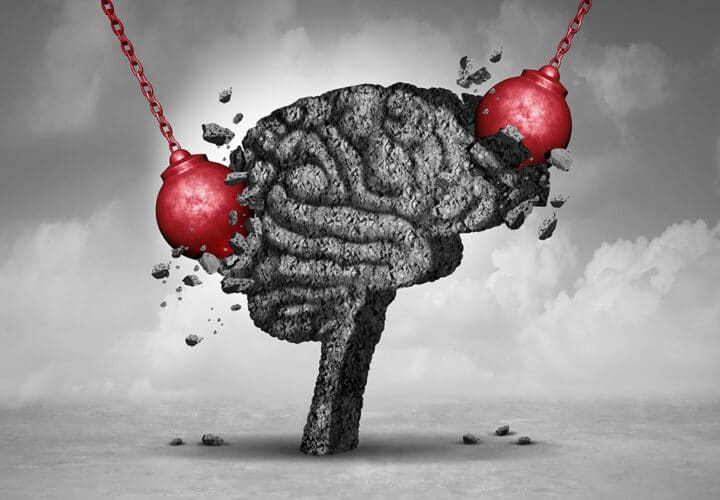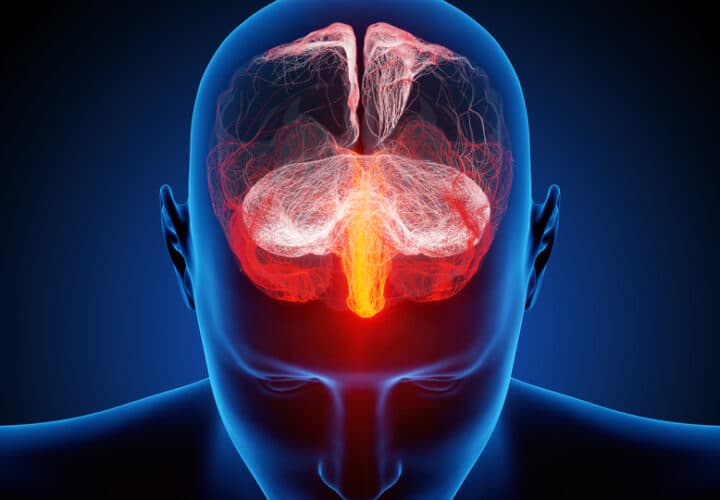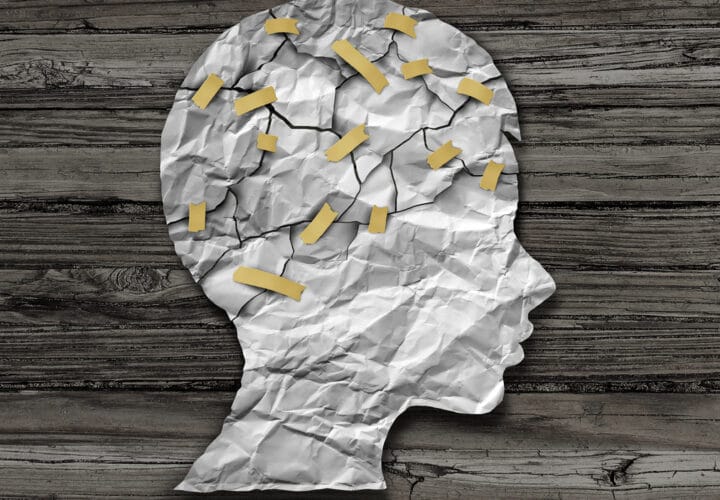Repeated blows to the head, like those potentially sustained in football or boxing, have long been shown to contribute to long-term neurological damage. But now there is evidence that just one blow to the head—even when it’s considered “mild traumatic brain injury”—could up the chances of dementia by 100 percent.
Researchers from the University of California, San Francisco looked at over 357,000 U.S. veterans and found that just one mild brain injury more than doubled a person’s chances of developing dementia. And the harder the blow, the greater the increase in risk. People who lost consciousness from their head injury were 2.5 times more likely to develop dementia; those who lost consciousness for several hours from their injury were almost four times more likely.
And that isn’t just for veterans in combat zones, either. The study pulled from people who served in war zones like Iraq and Afghanistan, but also looked at veterans who sustained injuries outside of their service.
“The findings in both groups were similar, indicating that concussions occurring in combat areas were as likely to be linked to dementia as those concussions affecting the general population,” said first author Deborah Barnes, Ph.D., professor in the UCSF departments of psychiatry, and epidemiology and biostatistics.
Previous studies have shown a strong association between brain injury and dementia risk. There’s something about trauma that may hasten the development of neurodegenerative conditions. One theory is that brain injury induces or accelerates the accumulation of abnormal proteins that lead to neuronal death associated with conditions like Alzheimer’s disease.
Those proteins, known as beta-amyloid and tau, are typically cleared within the brain. But in an Alzheimer’s patient, the proteins build up into plaques and tangles.
The research team found the correlation between dementia risk and mild traumatic brain injury by analyzing the medical records of around 179,000 veterans with brain injury, comparing them to those without it. Of those, 2.6 percent without brain injury eventually developed dementia, compared to 6.1 percent with brain injury. For those with more severe brain injury, the rate of dementia was 9.8 percent.
“Our results show that more needs to be done to reduce the likelihood of traumatic brain injuries,” said Barnes. “In older adults, exercise and multifactorial interventions may limit the risks of falls, which are a leading cause of head injury.
This study was published in JAMA Neurology.



